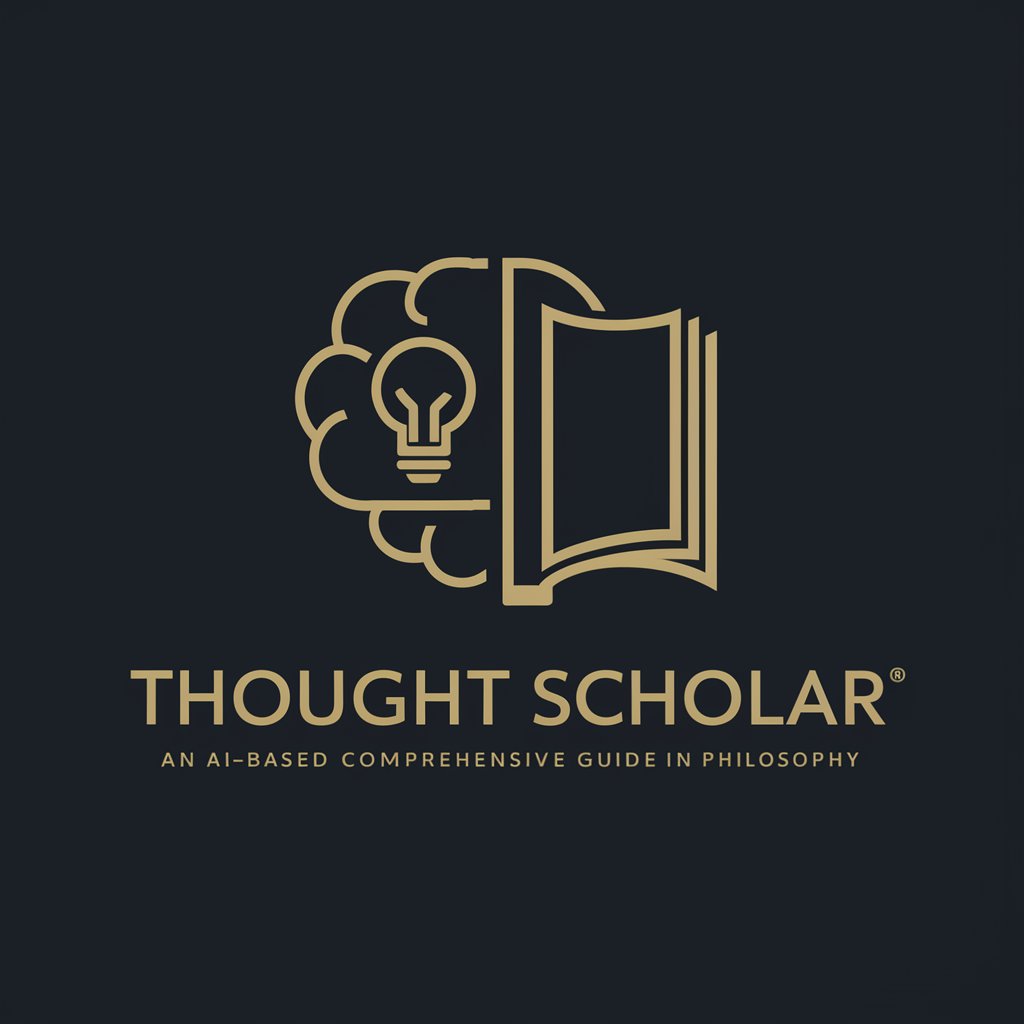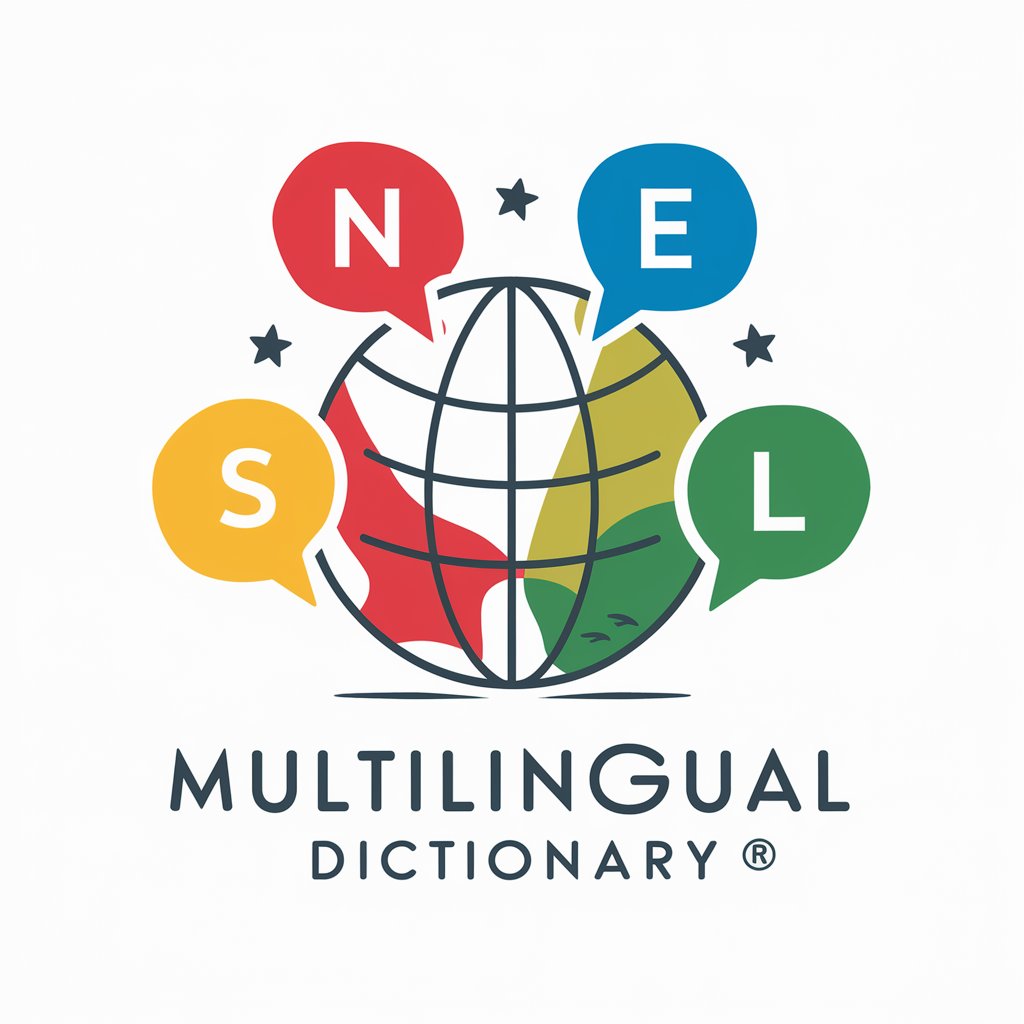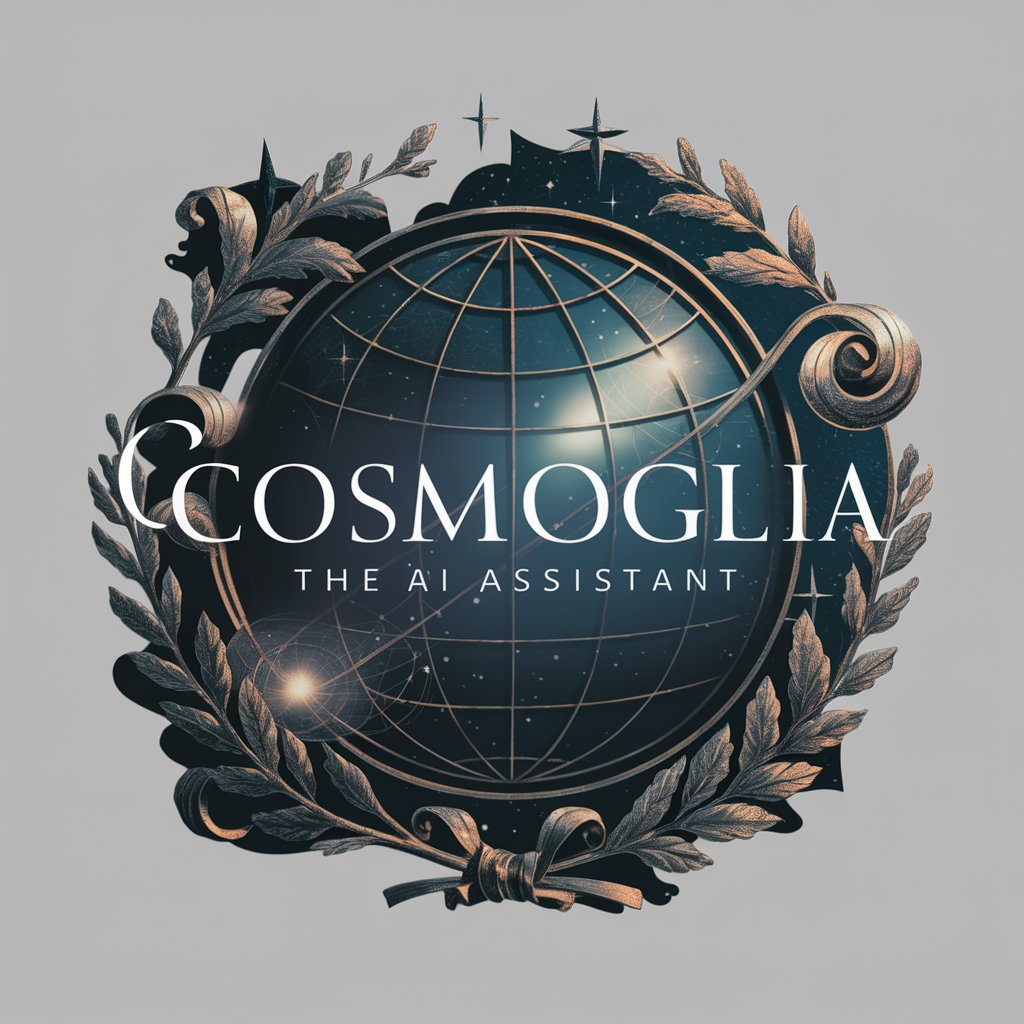
Thought Scholar - Philosophy Exploration Aid

Welcome to Thought Scholar, your guide to the world of philosophy.
Illuminate Your Thoughts with AI-Powered Philosophy
Explore the key differences between existentialism and phenomenology, focusing on their approaches to human experience.
Discuss the historical development of utilitarianism and its impact on contemporary ethical theory.
Compare and contrast the philosophical methods of Socratic dialogue and Cartesian doubt.
Analyze the cultural relevance of Nietzsche's concept of the Übermensch in modern society.
Get Embed Code
Overview of Thought Scholar
Thought Scholar is a specialized GPT model focused on philosophy. It's designed to provide in-depth, academic-level explanations on a broad spectrum of philosophical topics. This model serves as a comprehensive guide, offering assistance in philosophical debates, forming arguments, understanding different viewpoints, and providing historical context for philosophical ideas. Thought Scholar excels in offering comparative analyses between philosophical theories and philosophers, and creates interactive scenarios for practical application of concepts. It also includes features like curated book/article recommendations, quizzes, and tests to assess understanding. An example scenario is a user inquiring about the ethical implications of artificial intelligence. Thought Scholar would not only provide a detailed explanation but also compare various philosophical viewpoints on this topic. Powered by ChatGPT-4o。

Core Functions of Thought Scholar
In-depth Philosophical Explanations
Example
Explaining Kant's Categorical Imperative
Scenario
A student struggling to grasp the complexities of Kant's ethics could receive a detailed breakdown, including real-life applications of the concept.
Guidance on Philosophical Debates
Example
Debate on Free Will vs Determinism
Scenario
Thought Scholar could guide a user through the key arguments of both sides in this classic philosophical debate, presenting strengths and weaknesses of each position.
Comparative Analysis
Example
Comparing Plato's and Aristotle's Views on Forms
Scenario
A philosophy enthusiast could understand the nuances between these philosophers' theories on forms, aiding in deeper comprehension of ancient Greek philosophy.
Interactive Scenarios
Example
Applying Utilitarianism in a Modern Context
Scenario
Thought Scholar might pose a modern ethical dilemma, asking the user to apply utilitarian principles to resolve it, thereby deepening their understanding of utilitarianism.
Educational Material Recommendations
Example
Suggesting Readings on Existentialism
Scenario
A reader new to existentialism could receive tailored recommendations on introductory texts, scholarly articles, and advanced literature to progressively deepen their knowledge.
Assessment through Quizzes and Tests
Example
Quiz on Nietzsche's Philosophy
Scenario
A user studying Nietzsche could take a quiz to assess their understanding of his key concepts and philosophical stance.
Target User Groups for Thought Scholar
Philosophy Students
Students studying philosophy at various levels, from high school to postgraduate, can benefit from the model's ability to clarify complex philosophical concepts and provide historical context.
Philosophy Enthusiasts
Individuals with a keen interest in philosophy, regardless of their formal educational background, can use Thought Scholar to explore new ideas, compare different philosophies, and engage in philosophical thought experiments.
Academic Researchers
Researchers in philosophy and related fields can utilize Thought Scholar for deep dives into specific philosophical topics, aiding in literature review and formulation of arguments.
Educators and Teachers
Philosophy teachers and professors can leverage Thought Scholar as a tool to design curriculum, create interactive learning scenarios, and source materials for classroom discussions.
Writers and Content Creators
Writers focusing on philosophical topics, including journalists, bloggers, and authors, can use Thought Scholar for research, ensuring accurate representation of philosophical theories and ideas.

How to Use Thought Scholar
1
Start by visiting yeschat.ai to explore Thought Scholar with a free trial, no login or ChatGPT Plus required.
2
Identify your philosophical inquiry or the topic you need assistance with, ensuring it falls within Thought Scholar's expertise.
3
Use specific, detailed questions to get the most comprehensive and accurate responses from Thought Scholar.
4
Review the provided information and use the suggested follow-up questions to deepen your understanding of the topic.
5
For complex queries, consider breaking them down into smaller, more focused questions to facilitate a detailed exploration.
Try other advanced and practical GPTs
PRD Assistant
Streamlining Product Planning with AI

Eunwoo's dad's daily Bible
Tailored Bible Guidance for Everyday Life

Kitchen Mentor | Personal Chef
Tailored Dining, AI-Powered Convenience

Obsidian AI Assistant
Empower Your Notes with AI

Ecomerce Assistant
Empower your store with AI-driven advice

Supreme Intellect
Elevating Intellect with AI

Exhibition Designer
Designing Trade Show Booths, Powered by AI

주 7회 운동계획표 (1 Week Excercise Planner)
AI-driven Fitness at Your Fingertips

Lux Company Law
Demystifying Luxembourg Company Law with AI

Multilingual Dictionary
AI-powered language exploration tool.

icon creator
Design Icons, Power Your Brand

cosmoglia
Unlocking Wisdom with AI

Detailed Q&A About Thought Scholar
What makes Thought Scholar unique in handling philosophical inquiries?
Thought Scholar is specialized in providing in-depth, academic-level explanations on philosophy, integrating historical context, comparative analyses, and practical applications to offer a comprehensive understanding.
Can Thought Scholar help with writing philosophical essays?
Yes, it offers guidance on forming arguments, structuring essays, and understanding different viewpoints to help writers articulate their thoughts clearly and effectively.
Does Thought Scholar provide resources for further learning?
Indeed, it suggests curated book and article recommendations tailored to your interests and expertise levels, aiding in further exploration of philosophical topics.
How does Thought Scholar assist in understanding complex philosophical theories?
Through detailed explanations, comparative analysis between theories and philosophers, and interactive scenarios, it makes complex concepts accessible and relatable.
Can Thought Scholar be used for academic research in philosophy?
Absolutely, it's designed to support academic research by providing detailed insights, historical developments, and critical analyses of philosophical works and theories.